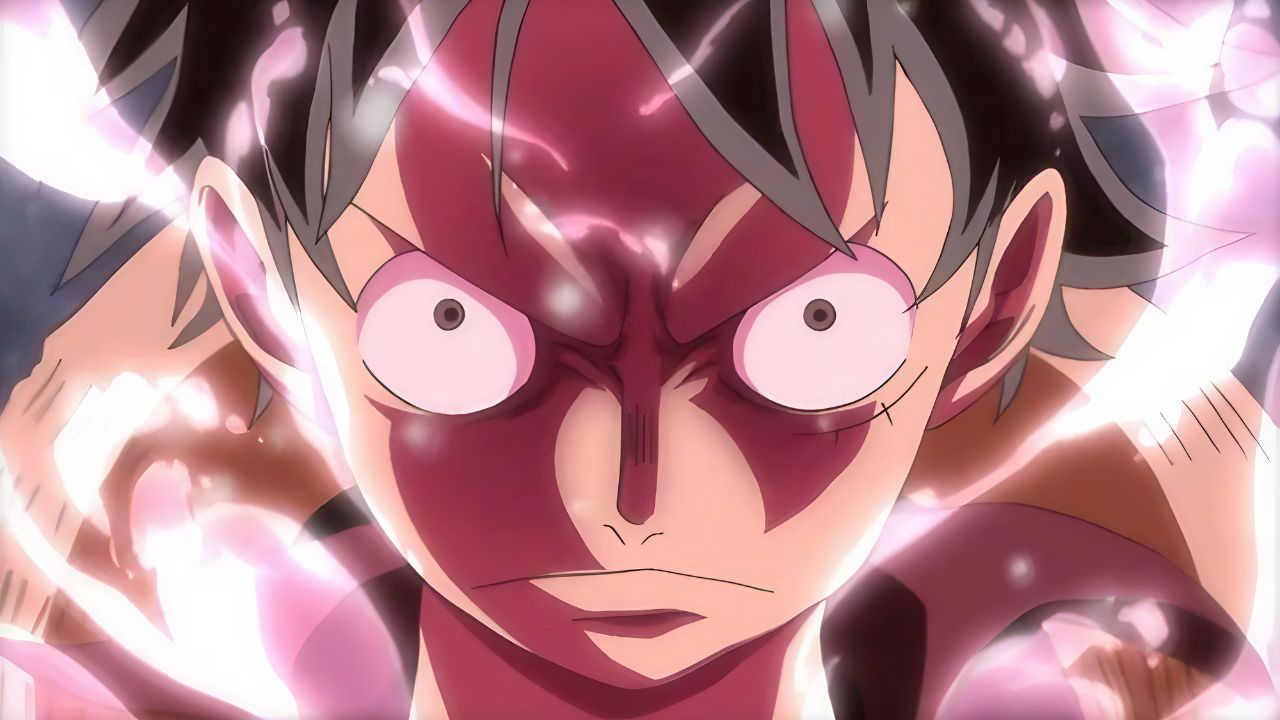Japan’s biggest manga publishers, including Shueisha, Kodansha, Shogakukan, Hakusensha, along with Kadokawa and The Association of Japanese Animations (AJA) among many others, have released statements warning of strict actions against OpenAI, taking a hard-line stance against the unauthorized use of their intellectual property in generative AI models.
In separate statements, Shueisha Inc. and the coalition of 17 publishers and agencies announced their collective intent to take “appropriate and strict measures” against any instances of copyright infringement they identify, acting from both legal and ethical standpoints.
This response is not limited to their own legal actions; the group is also calling for a response at the national level, urging the Japanese government to establish new laws to ensure content protection in the age of AI.
Furthermore, they plan to actively coordinate and cooperate with all stakeholders, including government agencies and other copyright holders, to build a unified front against what they describe as systemic rights violations.
This unified warning by Japanese anime and manga companies was triggered by the October 2025 launch of OpenAI’s video generation AI, Sora 2. In their statements, the publishers reported that since the tool’s release, a large number of content has appeared online that seem to have been generated with a strong dependance on already published creative works.
The group concluded that these videos, which closely resemble established anime and characters, are being generated based on the AI learning from their intellectual property without necessary permissions, essentially flouting the copyright norms.
The publishers’ especially condemned OpenAI’s “opt-out” business model, which according to them was shaking the very foundations of the creative society. They noted that Sora 2 operates by training on copyrighted works by default, requiring rights holders to file an explicit request to have their content removed.
Both the coalition and Shueisha argued this practice violates the fundamental principle of copyright law and contravenes both Japanese law and the WIPO Copyright Treaty.
To remedy this, the publishers laid out three core principles that AI operators must uphold. First, they demanded a shift to an “opt-in” system, where AI companies must obtain permission before training on creative works.
Second, they called for the “transparency of training data” to be guaranteed, arguing that without it, verifying infringement is difficult and a work’s reputation can be damaged.
Finally, they stated that when permission is granted, rights holders must receive “appropriate compensation”.
The publishers made it clear that their position is not a rejection of AI itself. Both statements expressed that they “welcome the advancement of generative AI technology” and a society where more people can share in the joy of creation.
However, they stressed that this future must not be built upon copyright infringement or “trampling the dignity” of creators. Their goal, they stated, is to find a balance between technological innovation and the sustainability of cultural creation, fostering a “fair, transparent, and sustainable” environment for all.
This unified stance from Japanese publishers is particularly bad news for OpenAI, as it counters the narrative that they have previously projected.
During the Ghibli-style AI art backlash, Sam Altman defended the tool as a “big net win for society” that democratized creativity. Their habit of falling back on fair use arguments would also not work if stringent legal frameworks are introduced and enforced.
